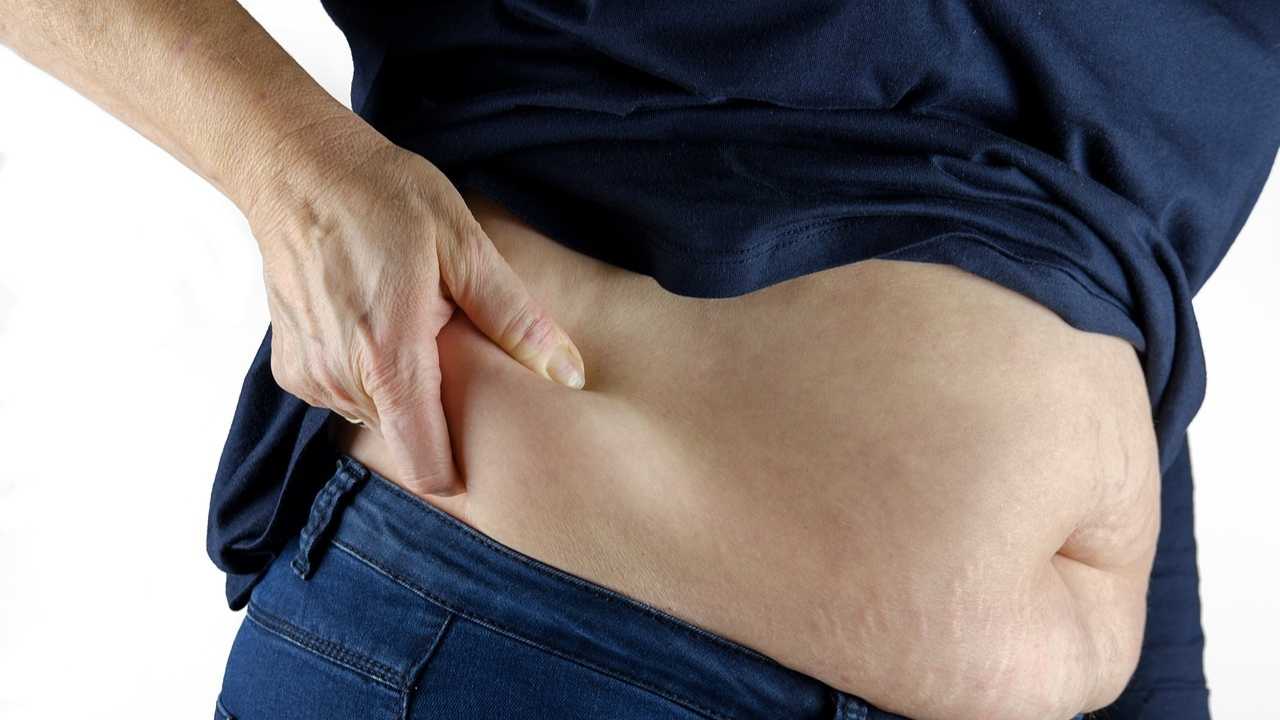
Major depression is an illness where you can have a depressed or irritable mood and a number of other symptoms that affect your sleep, appetite, energy level, outlook on life and so on. You can be mildly to moderately to severely depressed. We usually look at the level of functioning to estimate the severity of the depression. How are you functioning in your personal, work and school life? Someone who is mildly depressed may have trouble getting out of bed and have a hard time finding joy in things, but they still go to work everyday and take care of things in the home. The severely depressed person may not be able to get out of bed despite the fact that there are babies in the house crying for food. Even having people or finances depend on you isn’t enough to get you going. Why? Because it’s not simply a choice. When depression hits that hard, it talks over your will. Depression can also become so severe that you lose touch with reality and develop psychotic symptoms. These psychotic symptoms are delusions and hallucinations. However, delusions tend to be more common than hallucinations. And the delusions can take on a persecutory or nihilistic tone. Persecutory is when you feel attacked in some way. You may feel like people are talking about you or trying to harm you. Nihilistic delusions are when you feel things are senseless or they've lost their value. Like what's the point in life? Nothing matters. And this can be some of the thought behind a person not wanting to live and making a suicide attempt. Sometimes suicide attempts are impulsive, but sometimes they’re born out of these nihilistic delusions that nothing matters so why does anyone exist? Even existence is senseless. How do we treat psychotic depression? Psychotic depression that occurs within unipolar depression would be treated with either antidepressants plus an antipsychotic medication or electroconvulsive therapy. Antidepressants would be medications like fluoxetine, escitalopram and venlafaxine. Antipsychotic medication examples are quetiapine and aripiprazole. Psychosis that occurs inside of bipolar disorder whether it is the depressive phase or the manic phase is treated a little differently because you have to be careful about adding an antidepressant to someone with bipolar disorder. Antidepressants increase the risk of triggering a manic episode or making someone rapid cycle between phases. So for the person who has bipolar disorder and becomes psychotic. You could use electroconvulsive therapy the same as you would for psychotic unipolar depression. For the medication option you would add an anti-psychotic medication if the person is on nothing, but if the person is already on a mood stabilizer in you could add an antipsychotic medication to their current regimen. Video about using antidepressants with bipolar disorder https://youtu.be/DJU2vigqLwM Video about Schizophrenia https://youtu.be/QIYW9JjZ-Os Want to know more about mental health and self-improvement? On this channel I discuss topics such as bipolar disorder, major depression, anxiety disorders, attention deficit disorder (ADHD), relationships and personal development/self-improvement. I upload weekly. If you don’t want to miss a video, click here to subscribe. https://goo.gl/DFfT33 Disclaimer: All of the information on this channel is for educational purposes and not intended to be specific/personal medical advice from me to you. Watching the videos or getting answers to comments/question, does not establish a doctor-patient relationship. If you have your own doctor, perhaps these videos can help prepare you for your discussion with your doctor.
By: Dr. Tracey Marks
Title: What is Psychotic Depression?
Sourced From: www.youtube.com/watch?v=24Gn84mqX1M

No comments:
Post a Comment